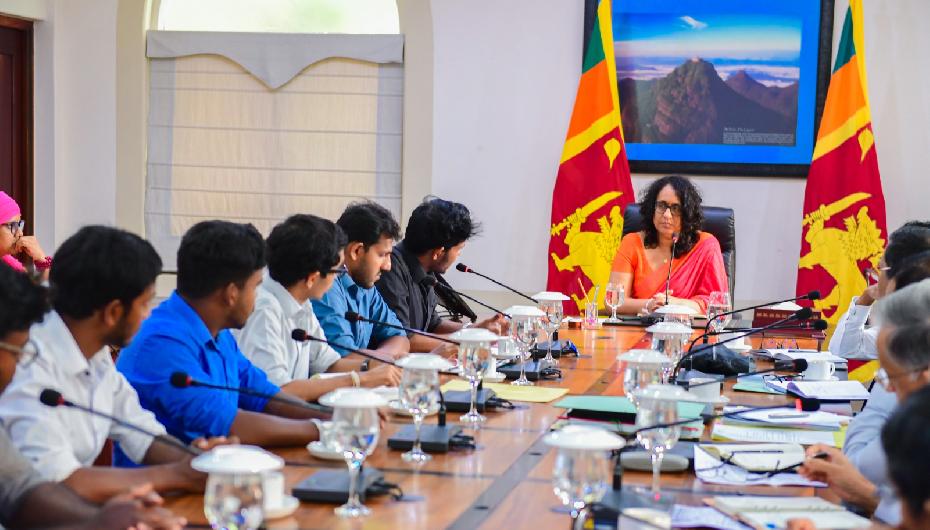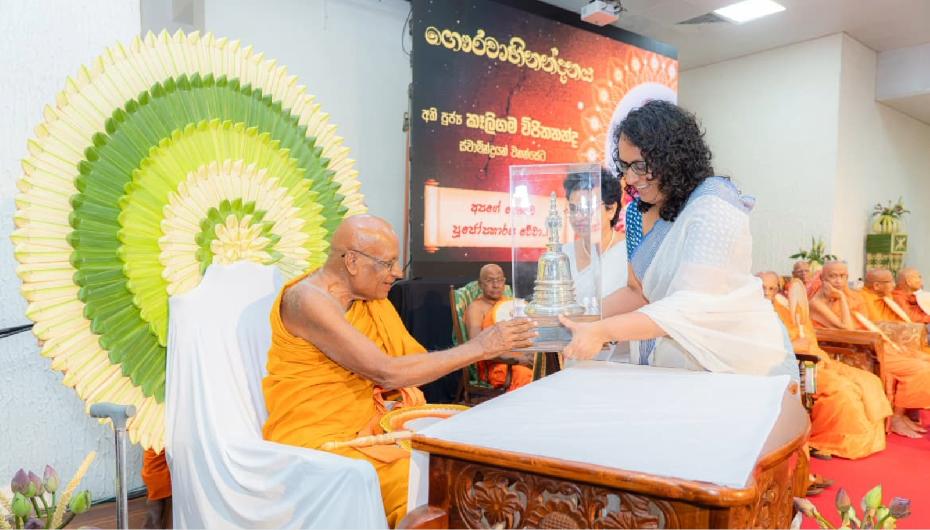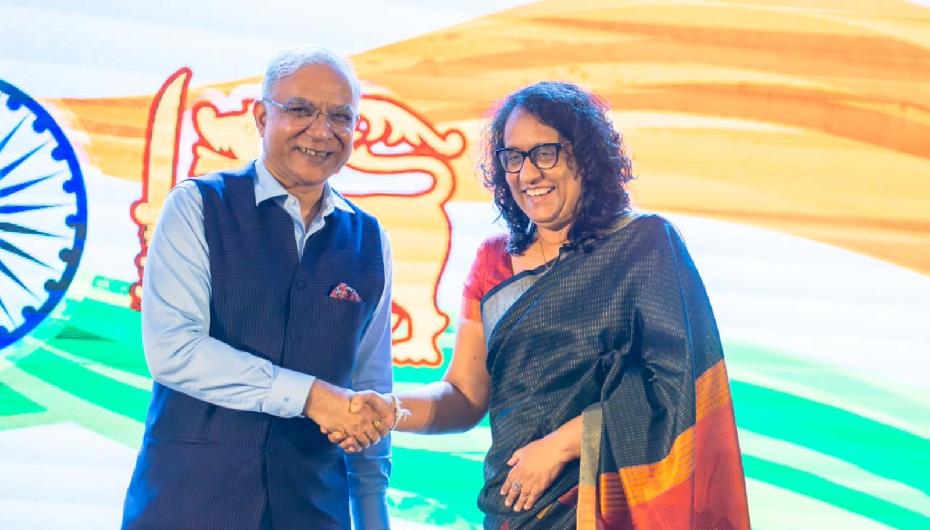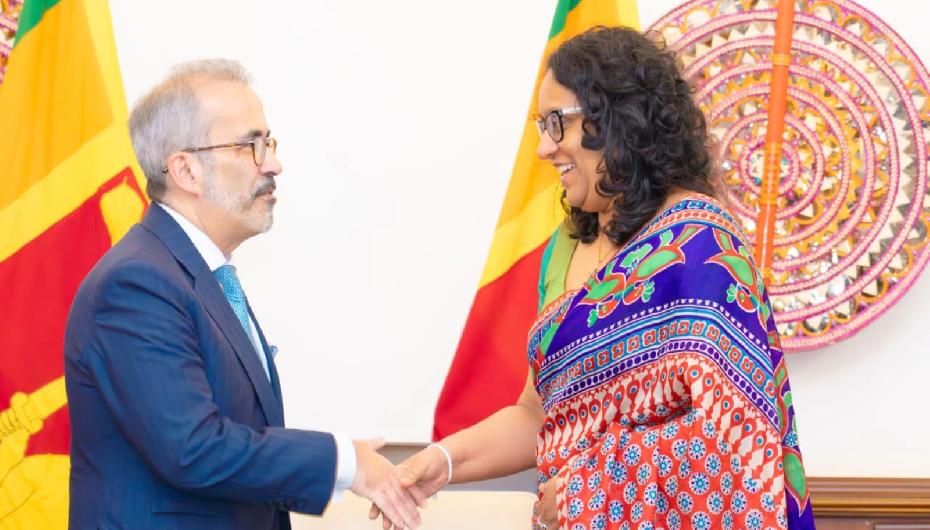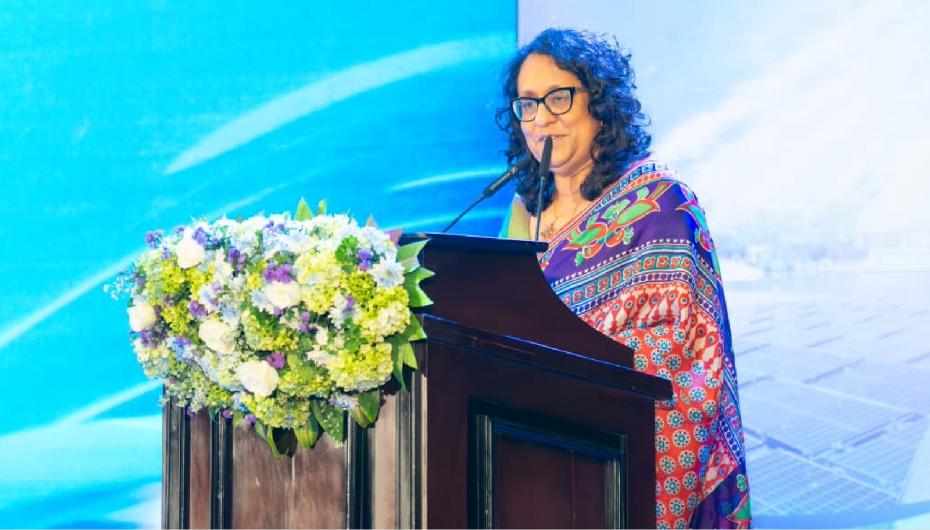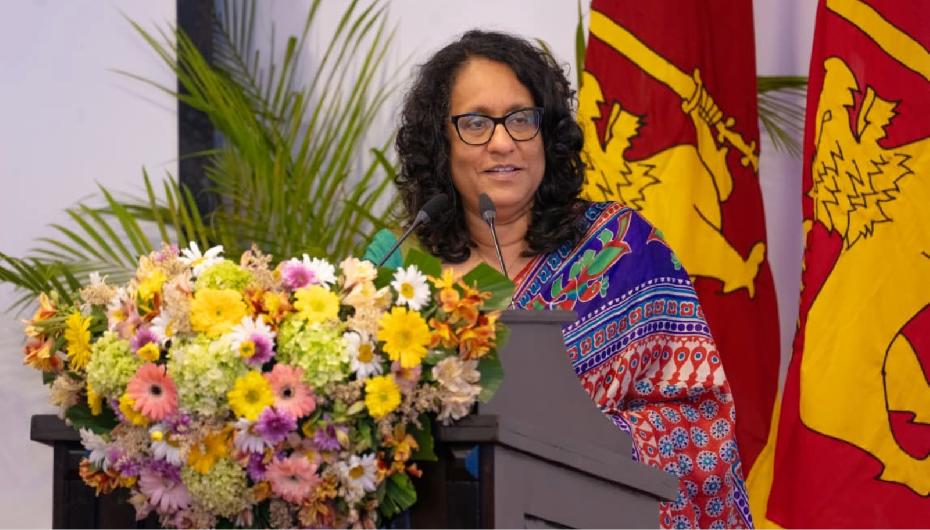Take actions to appoint a committee to formulate a policy on Medical Education - Prime Minister Dr. Harini Amarasuriya
We will not take any action to restrict student freedom. Student Unions must come forward to support the efforts in ending violence and ragging based on student activities
Prime Minister Dr. Harini Amarasuriya stated that a committee will be appointed to formulate a national policy on medical education, following requests by student unions emphasizing the need for such a policy. She also invited student unions to submit their views and proposals toward the formulating of this policy.
The Prime Minister made these remarks during a discussion held on February 27 at Temple Trees with members of the Medical Faculty Students’ Action Committee.
During the meeting, the Medical Faculty Students’ Action Committee outlined the issues currently faced by university students.
The Prime Minister emphasized that there will be no restriction whatsoever on students’ freedom and noted that discussions would be held with Vice-Chancellors regarding these matters in the future.
Officials of the Ministry of Health pointed out that delays in providing internship training for medical graduates are primarily due to accommodation issues. They further stated that steps are being taken to address these concerns and that approval has been sought to allocate five additional hospitals to expand internship training opportunities.
Officials from the Ministry of Education, Higher Education and Vocational Education highlighted that funds have already been allocated for the construction of new hostel facilities to resolve accommodation issues at the Universities of Wayamba, Kurunegala, Kuliyapitiya, Sabaragamuwa, and Moratuwa, and construction will commence once land allocation processes are completed. Attention was also drawn to the transportation difficulties faced by medical graduates undergoing training at the Kurunegala and Kuliyapitiya faculties. Discussions will be held with the Sri Lanka Transport Board to provide an appropriate solution.
It was further revealed that attention has been given to developing facilities in medical faculties and that no decision has been taken to suspend post-intern appointments.
The discussion was attended by the Secretary to the Prime Minister Pradeep Saputhanthri, Chairman of the University Grants Commission Senior Professor Kapila Senevirathne, officials representing the Ministries of Education and Health, and members of the Medical Faculty Students’ Action Committee, including its convener Navodya Marasinghe.
Prime Minister’s Media Division



